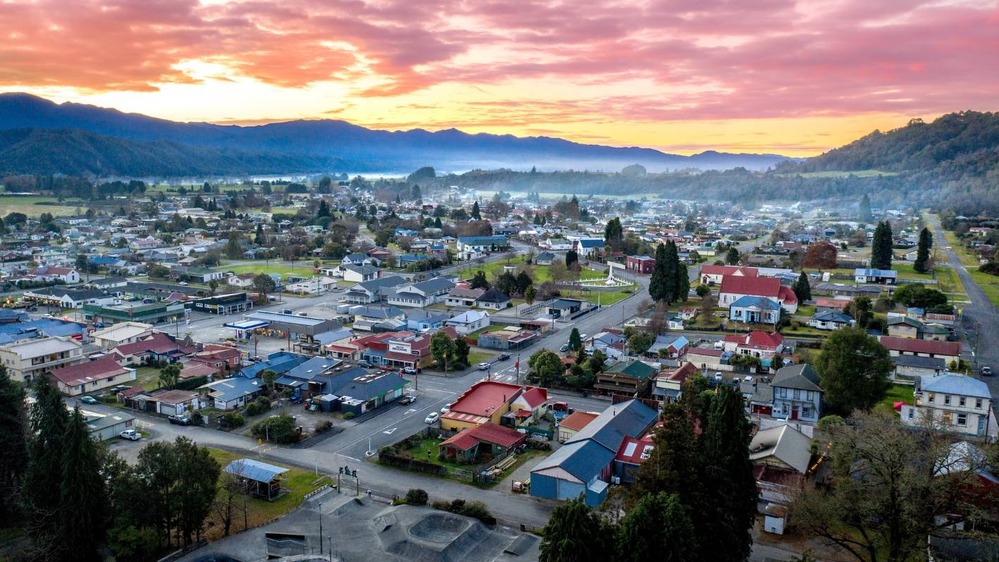Published on 31st of January, 2023

The challenge of finding housing for people who are homeless is a problem for social service agencies anywhere in the country, but our West Coast housing team approaches this issue with tenacity and the belief that everyone has the right to decent housing.
Since July 2020, CMM has prepared 114 single people and whānau on the West Coast for the responsibility of renting and then helped them move from emergency motel accommodation into houses. Contracted to support up to 20 individuals and whānau at any one time, the team does just that and as one person or whānau moves into housing another referral comes through.
CMM’s regional housing manager Vanya Vitasovich says working with other agencies – and a lot of creative thinking - is crucial in finding housing on the West Coast. “Our team work closely with a number of key agencies, including private rental agencies, to come up with housing solutions, advocate on a client’s behalf and navigate them through the housing process. We’re constantly having to think outside the box when no housing is available, looking at options such as caravans or cabin hire so people don’t end up homeless.”
CMM walks alongside clients to help them find employment or to access necessary health and social support, as well as to remove other barriers to them securing a house. By addressing the circumstances that led to homelessness, CMM gets clients ‘rent ready’ in order to sustain long-term housing.
The team works hard to build good relations with real estate firms, Kāinga Ora, Ministry of Social Development housing brokers and managers, Grey District Council retirement housing providers, as well as organisations such as Literacy Aotearoa which helps prepare whānau for renting.
In a region with a significant need for social housing per capita, both finding houses and finding houses that meet government regulations is hard on the West Coast. The team must contend with not only the lack of warm, affordable and secure properties but the consequences of natural disasters, such as flooding in Westport in 2021 that left a number of houses uninhabitable.
“This is a small community, with a small rental market, not much public housing and minimal turnover in what public housing there is,” Vanya says. “The other factor our clients face is discrimination, such as having come from emergency housing, being on a benefit, having a large whānau, as well as misconception or lack of understanding of how people end up in emergency housing.”
With little over 40 homes for public housing, Hokitika has the lowest turnover on the Coast. Three-bedroom houses and larger are particularly hard to find anywhere in the region. Some private rentals sit vacant because landlords don’t have the funds to bring properties up to the Healthy Homes standards introduced in 2019.
Whānau who are unable to find emergency houses may end up in camping grounds, tents or cars, or move in with extended family. Vanya is adamant the solution is to build more public housing, which would mean freeing up land, and to increase the number of Kāinga Ora transitional houses for lease to community housing providers.
Vanya says lack of emergency housing has clear ramifications on a person’s physical and mental health, the knowledge of which motivates her team to find the best possible housing for clients in desperate need of a good roof over their heads.
